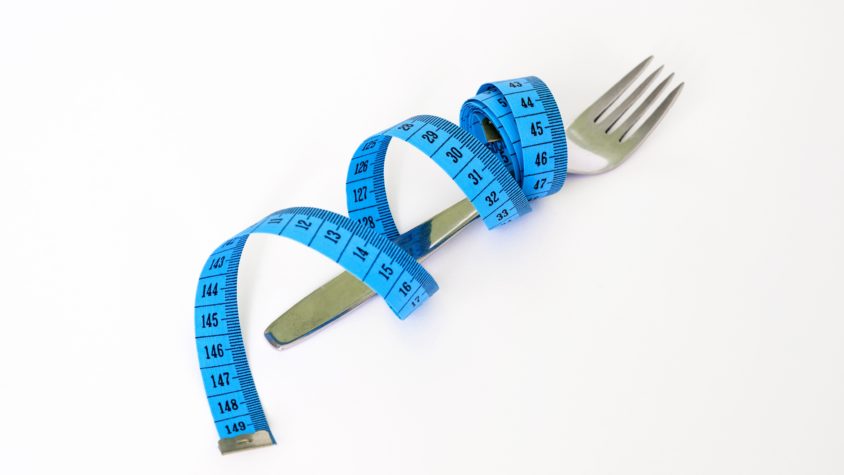By Brandi Aurelio Have you heard of this new diet fad called the Keto diet? There have been tons of success stories floating around, but what exactly is this Keto diet? The short definition of the Keto diet is assuming a low carbohydrate (carbs)/high fat diet, with virtually no sugar intake. In laym...
By Brandi Aurelio
Have you heard of this new diet fad called the Keto diet? There have been tons of success stories floating around, but what exactly is this Keto diet?
The short definition of the Keto diet is assuming a low carbohydrate (carbs)/high fat diet, with virtually no sugar intake. In layman’s terms, eating an extremely low amount of carbs in a day (most people try to stay around 25 and under) forces your body to enter into a state of ketosis. Ketosis is a normal metabolic process that occurs when your body doesn’t have enough carbs from food to burn for energy. This results in your body producing more ketones and burning fat for fuel instead. Eating more healthy fats equals more energy. Fats also help keep you full for longer. When you eat carbs for fuel, your body breaks them down quickly, creating a fast burst of energy that fizzles out quickly. When you convert to eating fats for fuel, it takes longer for your body to break down these fats, resulting in having energy for a longer period of time as well as staying full for longer.
One result of your body being in a state of ketosis is weight loss, which I think is what most people find most appealing about the diet, but the benefits go so much deeper than that. There have been success stories with the Keto diet helping certain diseases and ailments such as diabetes, epilepsy, polycystic ovarian syndrome, anxiety, and even acne. Because ketones improve brain function, people often report mental clarity, better cognition, and increased memory. Another benefit is decreased inflammation in the body. This is helpful for people suffering from arthritis, psoriasis and eczema. Because the diet improves energy levels, sleep improvements have been reported as well. Along with these, some more benefits of the Keto diet are improvement of heart health, hormone balance in women, increased levels of HDL (the good cholesterol), and reduced blood pressure.
With any diet, there can also be negative impacts as well. If you are experiencing any of these negative side effects, contact your doctor. Your health should never be taken lightly. One major implication that could happen is ketoacidosis. This occurs when ketones build up in your blood, causing it to become acidic. A healthy low-carb diet with proper hydration shouldn’t cause ketoacidosis, but it is important to mention because it can if you don’t properly hydrate daily. Some symptoms include vomiting, fruity-smelling breath, stomach pain, urinating more than normal, confusion, and thirst. Because it takes a few days to actually enter into ketosis, and a bit longer to become fat-adapted (when your body burns your body fat for fuel), some common side effects include constipation, sluggishness, and low blood sugar. These typically disappear when your body becomes more acclimated to the diet.
So, is the Keto diet a good idea? That’s for you to decide for yourself. I can’t say that it’s an easy journey. It takes a lot of willpower to change how you are used to eating. If you are thinking of switching over to a Keto way of eating, speak with your doctor and do your research.

